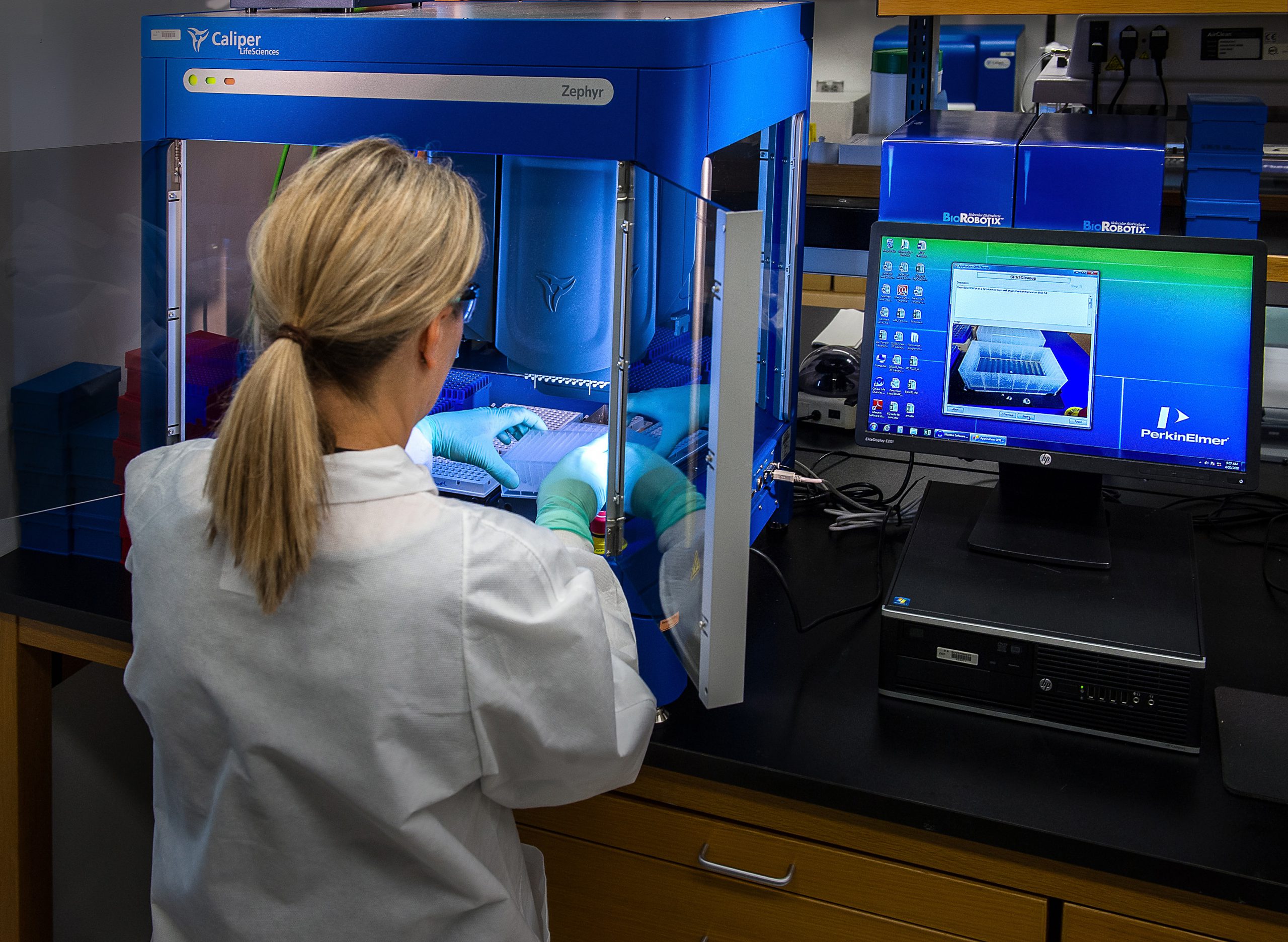Because of the COVID-19 pandemic that began earlier this year, many have been working on pivoting and adapting to the new normal, and no business or industry is exempted from this shift. Many changes were made in the healthcare industry, such as transforming the way clinical trials are being done.
Since the pandemic started, it has exposed the various limitations in the clinical trial process that could hinder the development of drugs and vaccines, and how the healthcare industry was not prepared to face this global crisis. As a result, numerous clinical trials were shut down or paused.
Although there are many digital developments in the past years, many healthcare sectors are still dependent on the patient’s physical colocation. But since social distancing is now a requirement, the healthcare workforce is now finding where to use technology, virtualize trials, and do online evaluations and examinations.
The barriers between medicine and the digital world are slowly disappearing, and this is a significant development that will benefit both the industry and the patients, especially those involved in clinical trials. If you want to learn more about healthcare digitization, keep reading. Below are reasons digitization will help clinical trials now more than ever. Let’s get to it!
Connectivity transforms and manages expectations
As mentioned earlier, the greater part of the health industry before the pandemic relied on physical colocation to examine a patient. Before the pandemic, conducting a clinical trial virtually may be unnatural; however, COVID-19 has transformed these expectations.
The healthcare industry has begun making shifts to telemedicine and slowly injecting digitization and connectivity into clinical trials. This change prevents the patient from going to the site, avoiding any burden or health risks they may encounter in an outdoor environment.
With digital connectivity, you can conduct virtual trials without any external interruptions, allowing you to gather more accurate data and analysis. Besides that, by adopting these new technologies, the healthcare workforce will respond better, whether there be a new disease or the development of a new drug.
Availability of complex data in a curated space
The healthcare industry has a tremendous amount of information. From medical histories and genomic data to medical images and blood chemistries, all these data have been collected in clinical trials and are in databases worldwide.
Sadly, although they are available on online databases, there are only a few ways to access them. Should it be more accessible, it could turn into a life-saving opportunity.
Many patients during this pandemic have volunteered to participate in clinical trials. If we had a curated space that collects all the data to examine variables and patients, learning more about the virus and developing a cure will be faster.
An advantage of digitization is that it will allow researchers and doctors to assess different variables and data simultaneously to get accurate results, allowing you to properly treat a patient.
Conclusion
While shifting to the digital world may be challenging, it is still extremely possible. Digitization and connectivity in the healthcare industry, especially during clinical trials, will greatly benefit researchers, doctors, and patients. With proper adaptation and shifting to virtual and digital platforms, data collection will be easier, and the response to the next pandemic will be better.
Are you looking for the latest news, updates, and stories in the healthcare industry? Dose of Healthcare is an online medical blog that focuses on giving the general public reliable information and articles about the healthcare industry today. If you want to learn more, check out our blog!


















